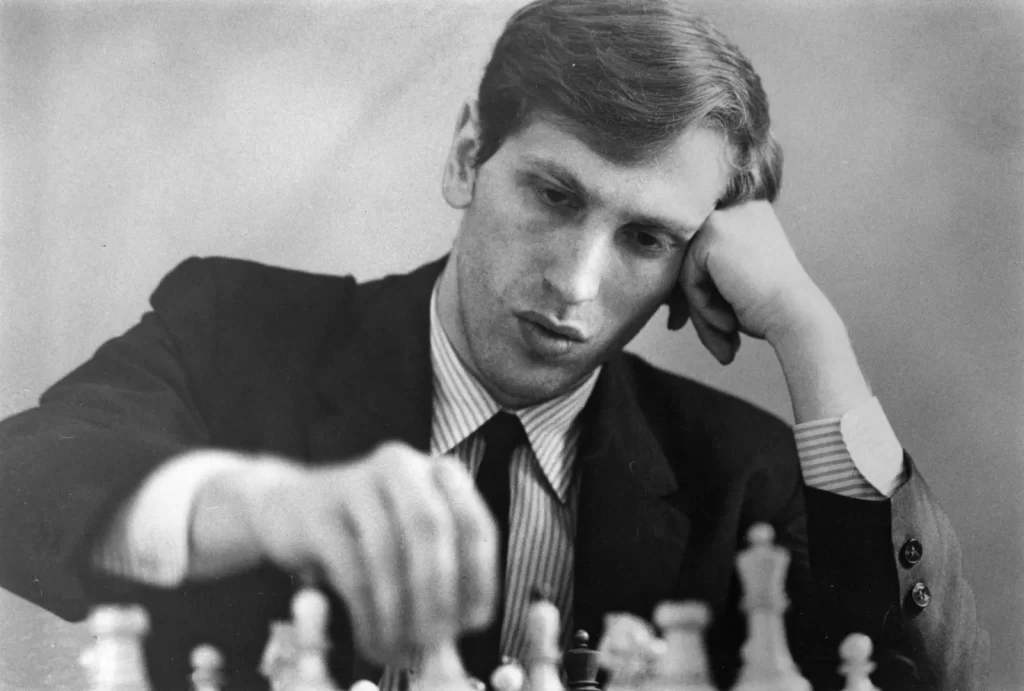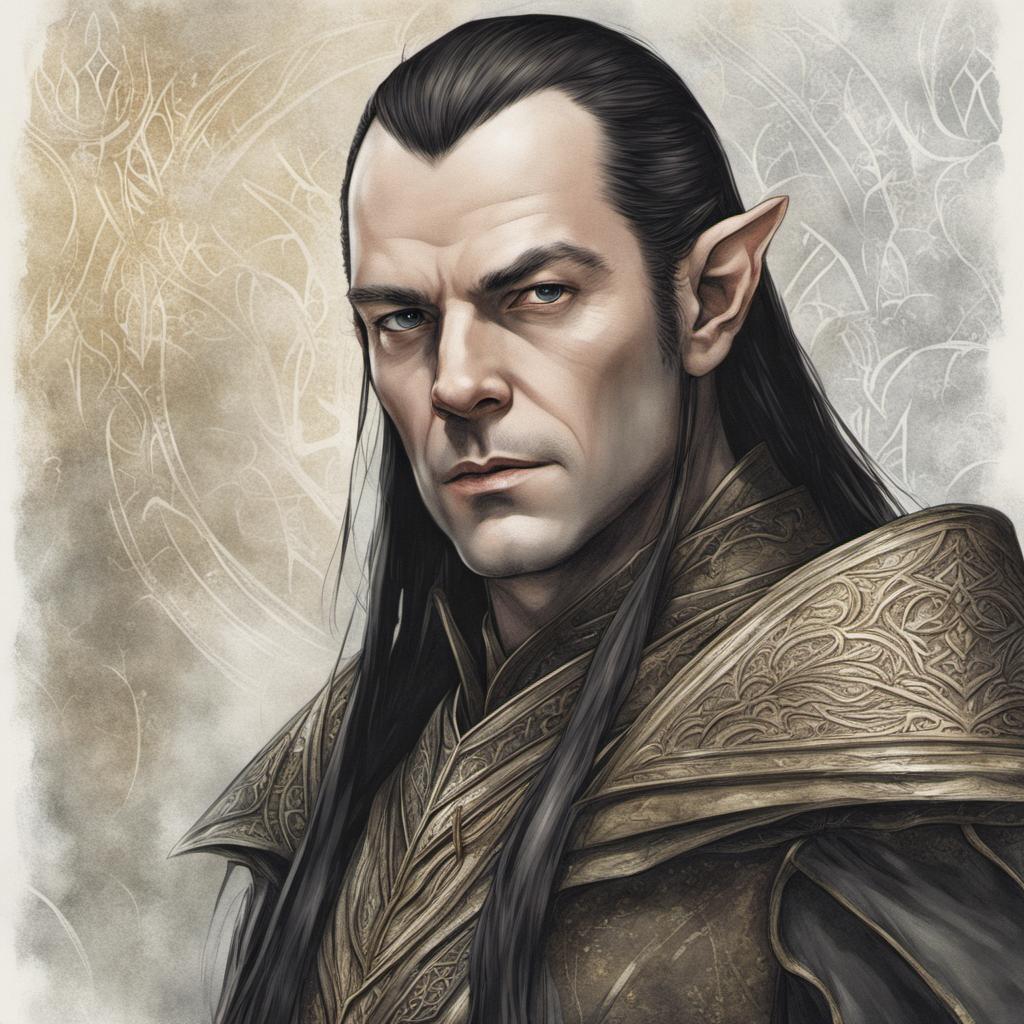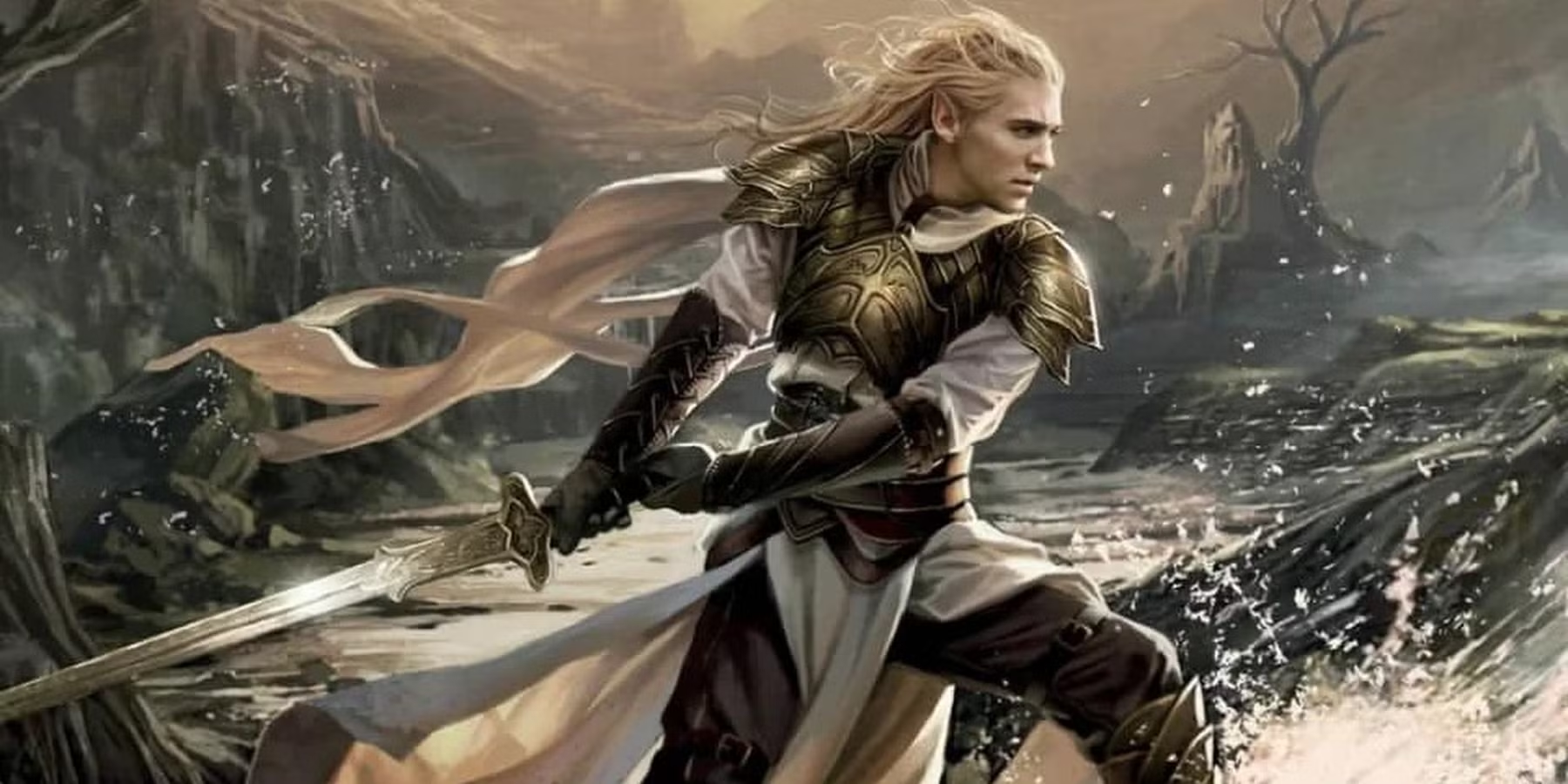Introduction
Bobby Fischer, an American chess grandmaster, is often considered one of the greatest players in history. His rise to prominence during the Cold War era not only revolutionized the game of chess but also made it a focal point of cultural and political rivalry between the United States and the Soviet Union. This article explores Fischer’s contributions to chess, analyzes his legendary matches, and reflects on his enduring influence on the game.
Overview of Bobby Fischer’s Influence on Chess
Bobby Fischer’s unparalleled talent and groundbreaking strategies transformed how chess was played and viewed globally. He introduced novel opening theories and psychological tactics, raising the standard for competitive play. Beyond his technical prowess, Fischer’s enigmatic personality and controversial viewpoints contributed to his legendary status, captivating audiences worldwide.

Importance of Analyzing His Matches
Studying Fischer’s matches offers valuable insights into advanced chess strategies and the mental dynamics of high-level competition. His encounters with other chess greats are rich with lessons that continue to inform contemporary chess theory and gameplay. Analyzing these matches not only serves to understand Fischer’s brilliance but also aids current and aspiring players in enhancing their own skills.
Signature Matches
1972 World Championship Match against Boris Spassky
The 1972 World Championship match between Bobby Fischer and Boris Spassky is one of the most celebrated events in chess history. Taking place in Reykjavik, Iceland, the match was not merely a battle for the title but a symbolic confrontation representing the ideological clash between the East and West during the Cold War. Fischer’s unyielding determination and innovative strategies led him to a hard-fought victory, ending Soviet dominance in chess.
Impact of the Cold War on the Match
The geopolitical climate of the time intensified the stakes of the match. Fischer’s victory was seen as a significant win for the United States, while Spassky’s participation represented the Soviet Union’s commitment to intellectual superiority. This backdrop not only heightened public interest but also changed how chess was perceived, elevating it from a mere game to a battleground for ideological supremacy.
Key Strategies Employed by Fischer
Throughout the match, Fischer employed a range of psychological and tactical strategies that showcased his genius. His adaptability to different openings, notably the Sicilian Defense, allowed him to unsettle Spassky. Fischer often used psychological tactics to intimidate his opponents, creating an atmosphere of uncertainty and pressure that worked to his advantage. His meticulous preparation and profound understanding of the game were crucial in securing his victory.
Competitors in Bobby Fischer’s Era
Overview of Key Competitors
Fischer’s era featured several formidable competitors, each contributing to the rich tapestry of chess history. Their diverse styles and strategies challenged Fischer, pushing him to refine his approach and elevate his game. By examining the competitive landscape of the time, one can gain a deeper understanding of Fischer’s tactics and innovations.
Boris Spassky
Boris Spassky was not only Fischer’s primary rival during the 1972 World Championship but also one of the most versatile players of his time. His ability to adapt to different styles made him a formidable opponent. Fischer’s match against Spassky is often cited as a turning point, marking the shift in chess from Soviet dominance to a more global competition.
Viktor Korchnoi
Another key figure from this era was Viktor Korchnoi, a fierce competitor known for his aggressive playing style. Korchnoi’s rivalry with Fischer was characterized by intense psychological battles, as both players sought to exploit each other’s weaknesses. Their encounters highlighted the importance of mental fortitude in chess.
Mikhail Tal
Mikhail Tal, known as the Magician from Riga, brought a unique flair to the game with his imaginative and aggressive strategies. His dynamic approach to chess often placed him in the spotlight. Although he and Fischer had fewer direct encounters, Tal’s influence on Fischer’s approach to the game cannot be understated. Both players shared an understanding of the game that transcended traditional boundaries.
Impact of Competition on Fischer’s Style
The intensity of competition during Fischer’s career shaped his playing style significantly. Facing strong opponents like Spassky, Korchnoi, and Tal pushed Fischer to innovate constantly, leading to the development of new strategies and techniques. The pressure of high-stake matches compelled him to delve deeper into chess theory, fostering his evolution as a player.
What Made Bobby Fischer Great
Innovative Opening Strategies
Fischer was renowned for his inventive approach to opening strategies, often employing variations of established openings to catch opponents off guard. His use of the Sicilian Defense and 1.e4 as a starting move became hallmarks of his style. Fischer’s deep understanding of the openings allowed him to create nuanced positions early in the game, often leading to favorable mid-game scenarios.
Psychological Warfare
Beyond technical skill, Fischer was a master of psychological warfare. He often employed mind games, using his opponents’ fears and insecurities against them. By creating an aura of intimidation, he would unsettle even the most seasoned players. This psychological edge often turned the tide in his favor, enabling him to perform exceptionally in high-pressure situations.
Dedication to Mastery
Fischer’s relentless pursuit of excellence set him apart from his contemporaries. His commitment to studying chess theory, analyzing past games, and practicing tirelessly contributed to his mastery of the game. Fischer’s dedication was not merely about winning; it was about understanding the very essence of chess. His tireless work ethic and obsession with improvement inspired countless players around the globe.
Intellectual Contributions to Chess Theory
Fischer’s contributions extended beyond the chessboard; he significantly advanced chess theory. His analysis of openings and endgames provided new insights into optimal strategies. Fischer published numerous articles and books, sharing his thoughts on chess, thus influencing generations of players. His intellectual legacy continues to shape modern chess literature and theory.
Legacy of Bobby Fischer
Influence on Future Generations of Chess Players
Bobby Fischer’s impact on the chess world is immeasurable. His innovative strategies and unique psychological insights have become foundational elements in chess training programs. Modern players study Fischer’s games to understand advanced tactics and develop their mental resilience. His legacy ensures that new generations of players are continually inspired by his approach to the game.
Impact on Chess Popularity in the United States
Fischer’s victory in the 1972 World Championship catalyzed a chess boom in the United States. His achievements brought the game into the limelight, inspiring a wave of interest among the American public. Chess clubs flourished as more people sought to understand the game, leading to an increase in tournaments and competitions across the country.
Continuing Relevance in Chess Literature and Study
Fischer’s games continue to be analyzed and discussed in contemporary chess literature. As chess evolves, Fischer’s insights remain relevant, serving as essential learning tools for players at all levels. His iconic matches are standard references in chess courses, ensuring that his methods and strategies are preserved in the annals of chess history.
Conclusion
Summary of Bobby Fischer’s Contributions
Bobby Fischer’s revolutionary approach to chess transformed the game and left an indelible mark on its history. His innovative strategies, psychological tactics, and relentless pursuit of mastery redefined competitive play. Fischer’s legacy continues to resonate, inspiring new generations of players and enriching the broader chess community.
Final Thoughts on His Legacy in the Chess World
In conclusion, Bobby Fischer is not just a player but a seminal figure in the history of chess. His influence is felt in every chess match played today, and his contributions to the game are invaluable. As we continue to explore the depths of chess, Fischer’s legacy serves as both a reference point and a source of inspiration, reminding us of the profound complexities and beauty of this timeless game.
FAQs
What were Bobby Fischer’s most significant achievements?
Bobby Fischer became the World Chess Champion in 1972, defeating Boris Spassky. He also won the Candidates Tournament in 1970, which qualified him for the championship match. His contributions to chess theory and innovative strategies are also significant achievements.
How did the Cold War influence chess?
The Cold War created a heightened sense of rivalry in chess, making matches between players from the United States and the Soviet Union symbolic battles. Fischer’s victory in 1972 represented a critical moment in this ideological conflict.
What psychological tactics did Fischer use?
Fischer was known for employing intimidation and mind games to unsettle his opponents. His confidence and unyielding determination often pressured opponents, creating an atmosphere of psychological warfare that he leveraged to his advantage.
Why is Fischer still relevant in modern chess?
Fischer’s insights and strategies remain influential in contemporary chess literature and training. His matches are studied for their innovative tactics, and his contributions to chess theory continue to inform players today.
How useful was this post?
Click on a star to rate it!
Average rating / 5. Vote count:
No votes so far! Be the first to rate this post.
Author
-
Anthony Ernst is the Owner of ThreeSphere Websites, bringing over 16 years of experience in web development and digital strategy. Beyond the screen, He is a dedicated family man, a married father of five who thrives on balancing work, play, and personal growth. On Futura Feed, Anthony shares insights from his diverse passions, blending technology, strategy, and personal development.
View all posts Web Developer







